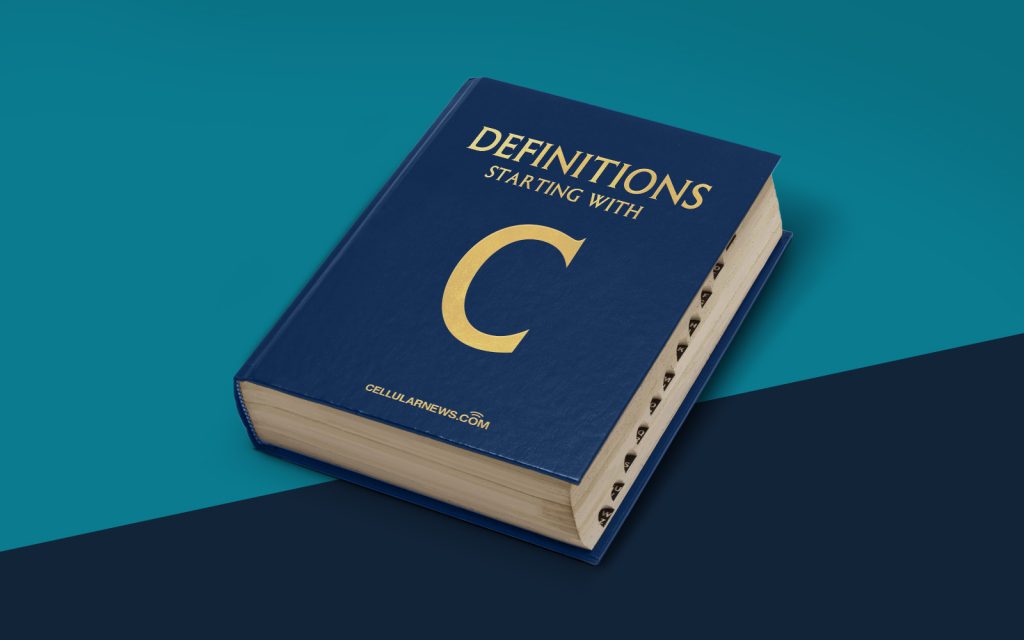
Understanding the Essence of Confidentiality
Welcome to the world of confidentiality! In this blog post, we will be exploring the concept of confidentiality, its importance, and how it is crucial in various aspects of our lives. So, let’s dive in and unravel the mysteries of confidentiality together!
Key Takeaways
- Confidentiality involves the protection of sensitive information.
- It is important in maintaining trust, privacy, and security.
What is Confidentiality?
Confidentiality is the practice of safeguarding sensitive information from unauthorized access or disclosure. It is a cornerstone of trust, privacy, and security in various fields, including business, health care, and legal proceedings. Confidentiality ensures that sensitive information is protected, only shared with authorized individuals, and used for the intended purpose.
Now, you might be wondering what type of information falls under the umbrella of confidentiality. Well, let’s take a look at some common examples:
- Personal Information: Personal data, such as social security numbers, addresses, and financial records, are considered confidential.
- Trade Secrets and Intellectual Property: Businesses often have proprietary information, formulas, or strategies that they must keep confidential to maintain a competitive edge.
- Medical Records: Health care providers must maintain the confidentiality of patient records and maintain strict privacy standards.
- Legal Proceedings: Lawyers and their clients rely on confidentiality to protect privileged information, ensuring a fair and unbiased legal process.
- Client Information: Service providers, such as financial advisors or therapists, owe their clients confidentiality regarding the information they share.
Why is Confidentiality Important?
Confidentiality plays a vital role in fostering trust and maintaining privacy and security. Here are a few reasons why confidentiality is so important:
- Protection of Sensitive Information: Confidentiality ensures that sensitive data remains secure, reducing the risk of identity theft, fraud, or unauthorized access.
- Maintaining Trust and Privacy: When individuals and organizations know their information is handled with strict confidentiality, it fosters trust and confidence in their relationships. It also allows individuals to share personal or sensitive details without fear of exposure.
- Respecting Privacy Laws and Ethical Standards: Many industries have legal and ethical obligations to maintain confidentiality. By adhering to these standards, organizations demonstrate their commitment to privacy and responsible information handling.
- Preserving Competitive Advantage: In the business world, protecting trade secrets and confidential information is crucial in maintaining a competitive edge. Confidentiality helps organizations safeguard their proprietary knowledge and innovative ideas.
Remember, confidentiality is not just a responsibility for individuals or organizations. It is a fundamental concept that ensures the trust, privacy, and security we all rely on in our daily lives. So, let’s embrace confidentiality and commit to protecting sensitive information!
